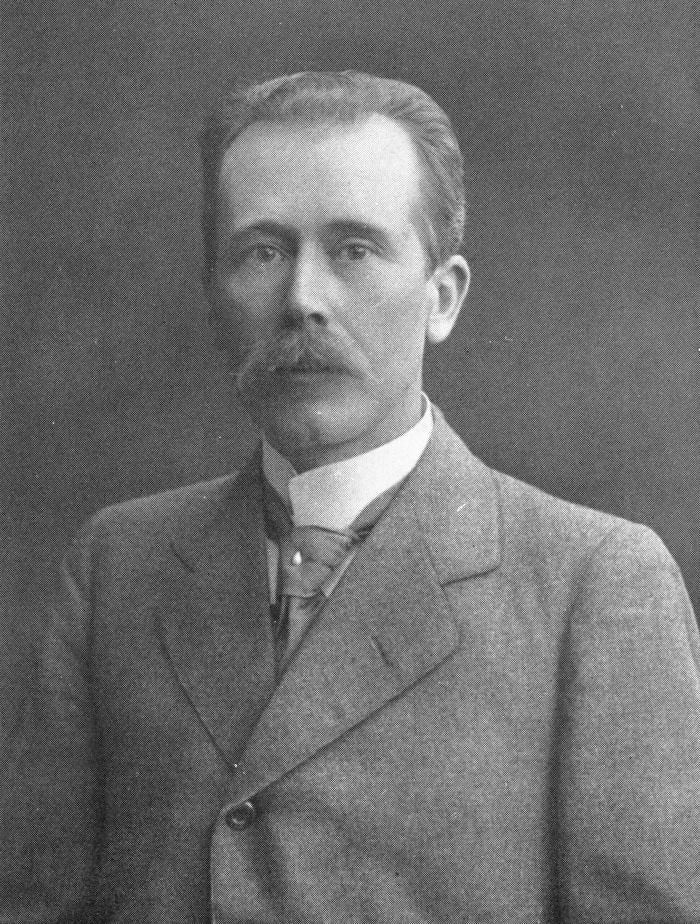Consequently his language was not adaptable nor at all polished. For the same reason, too, his character was austere and entirely unadorned with grace. His studies too had contracted his brows and he literally exhaled harshness. His writings were crammed full of dialectic exordiums and his language in disputations redounded with ‘attempted proofs,’ more so in his discourses than in his written works. He was so strong in his arguments and so difficult to beat that his opponent would automatically be reduced to silence and to despair.
Temper annulled and obliterated the credit
For he would dig a pit either, side of his question and hurl his interlocutor into a well of difficulties. Such skill the man had in dialectics, and by a rapid succession of questions he would overwhelm his opponents by confusing and daunting their minds. And it was impossible for anyone, who had once argued with him, to free himself from these labyrinths. In other ways he was most unrefined, and subject to violent temper; and this fierce temper annulled and obliterated the credit he gained from his learning.
For in arguments this man used fists as well as words and he did not allow his interlocutor simply to lose himself in embarrassment nor was he satisfied with sewing up his opponent’s mouth and condemning him to silence, but forthwith his hand flew out to tear his beard and hair, and insult quickly followed insult, in fact the man could not be restrained in the use of his hands and tongue. The only unphilosophic trait he had was that after the blow his anger left him, tears and evident remorse followed.
If it would interest anyone to know his appearance, his head was large, his brow very prominent, his face open, his nostrils wide and of free exhalation, his beard rounded, his chest broad and his limbs well-knit together, in stature shorter than the very tall. His pronunciation was such as you would expect of a Latin who had come to our country as a young man and learnt Greek thoroughly but was not quite clear in his articulation, for he mutilated his syllables here and there.
This want of clearness in his utterance and his dropping the last letters did not escape even ordinary people and made rhetoricians call him ‘rustic’ in his speech. As a result, although his writings were crammed with dialectical commonplaces, drawn from all sources, they were decidedly not free from faults of composition and solecisms scattered broadcast.
Read More about The Story of Abou Hassan the Wag or the Sleeper Awakened part 8








